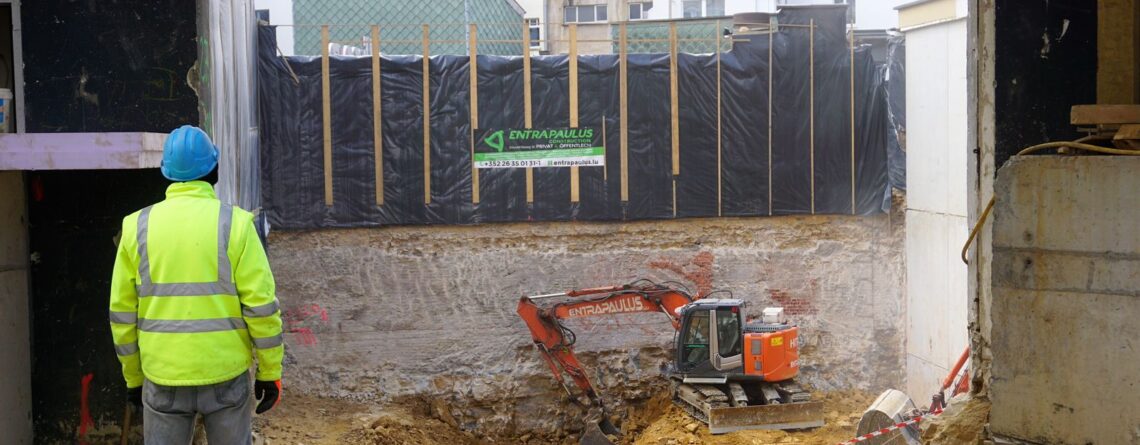Luxembourg: EU Blue Card: New Increased Thresholds For Minimum Salary
A recent regulatory update may impact your strategy for recruiting international talent. On 20 March 2024, the regulation of 15 March 2024 setting the gross average annual salary needed to calculate the minimum salary level for a highly qualified worker 1 was published in mémorial A123 (the “Regulation”). It adjusts the annual threshold for the minimum salary required for highly qualified third-country workers who want to work in Luxembourg with an EU Blue Card.
Key points
From an immigration perspective, third-country nationals who want to live and work in Luxembourg as a highly skilled worker need to satisfy a number of conditions in order to access a simpler and faster process than that available to other third-country nationals. Highly qualified workers must:
hold documents confirming their higher professional qualifications;
have an employment contract for a highly qualified position that is valid for at least one year; and
be offered remuneration equal to or higher than:
1,5 times the gross average salary in Luxembourg; or
1,2 times the gross average annual salary in Luxembourg for roles for which the government has reported a particular demand for third-country workers (e.g. mathematicians, actuaries and statisticians, systems analysts, software designers).
According to the Regulation, STATEC (Luxembourg’s national institute for statistics and economic studies) determined that the gross average annual salary in Luxembourg was EUR 58,968 for 2022.
The Regulation uses this information to set the new minimum salary thresholds when hiring a third-country national as a highly qualified worker, as can be seen in the table below:
Implications for your business:
These adjustments mean that businesses wanting to recruit highly qualified third-country nationals will have to ensure that the salaries they offer comply with these new thresholds. The objective of this measure is to attract international talent to key sectors, while guaranteeing fair remuneration.
Your next steps:
check current and upcoming job offers to ensure that they comply with the new salary thresholds;
anticipate your future needs for highly qualified workers, taking into account the new regulatory thresholds.
get in touch with our Employment, Pensions & Benefits team for tailored advice on how these changes may affect your recruitment and immigration strategy or for any help with regard to recruiting third-country nationals.
The Regulation entered into force on 24 March 2024.
Footnote
1. Ministerial regulation of 15 March 2024 setting the average gross annual salary as defined by the Grand Ducal regulation of 26 September 2008 determining the minimum salary level for a highly qualified worker by implementing the law of 29 August 2008 on the free movement of persons and immigration.
Read more @mondaq











